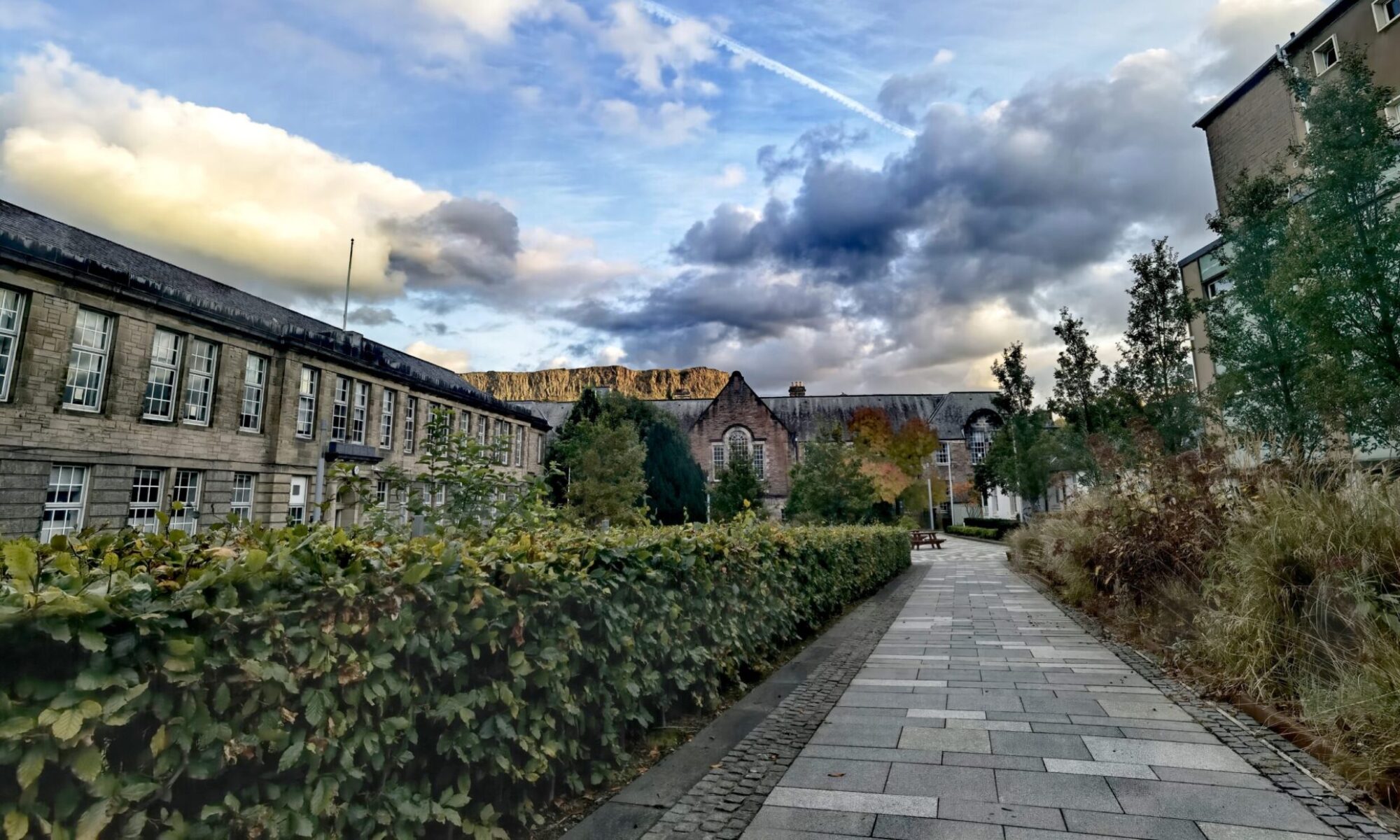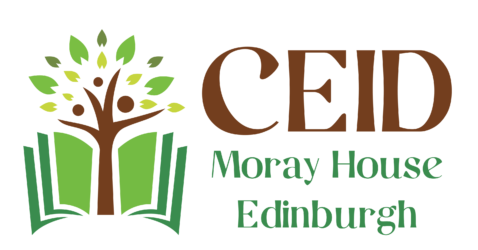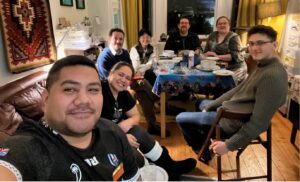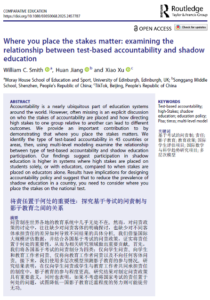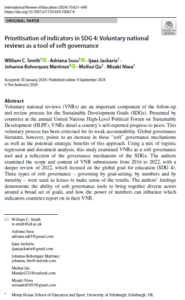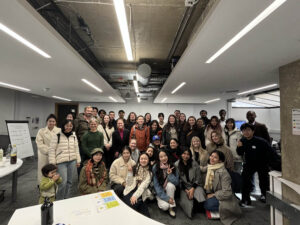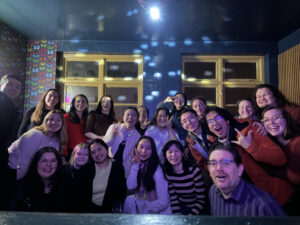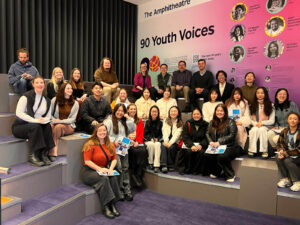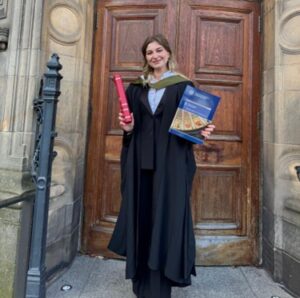
Dilara Keven, CEID Class of 2024
Nationality: Turkish
Current Position: Education Adviser at The Turkish Fulbright Commission
Making the Most of a Second Chance
When I first applied to the CEID programme, I was not accepted. However, when I applied again the following year, this time more prepared and intentional, and received an offer, I knew I did not want to take this opportunity lightly. This second chance came with a strong sense of responsibility, and I was determined to make the most of it from the very beginning.
With this mindset, I tried to be as involved as possible in the CEID programme. In addition to the core coursework, I took on the student representative role and actively participated in activities beyond the classroom. Being part of these spaces allowed me to meet new people, engage with different perspectives, and become more familiar with the wider academic and professional environments surrounding the programme.
However, there were also moments during the programme that were challenging, where I felt overwhelmed and unsure whether I was fully keeping up with the complexity of what we were studying. Moreover, like many of my peers, I was navigating this experience as an international student away from home. Studying in a new country often requires balancing academic responsibilities with emotional, financial, and personal pressures, adding another layer to the learning process.
Despite these challenges, I gradually learned that discomfort is often an essential part of growth. While anything new can feel frightening at first, working through these difficulties helped me develop a strong sense of resilience. Learning to ask for support and trusting the learning process became central to my development, making the experience more meaningful and reinforcing how much strength we build when we step outside our comfort zones.
As I approached the end of the programme, transitioning into professional life felt like a natural continuation rather than a significant challenge. Shortly after graduating, I began working at Fulbright Türkiye, where I am currently involved in higher education and international academic exchange. I regularly engage with data, policy documents, and institutional frameworks, contributing to analytical reports that support programme development and informed decision-making. On a daily basis, I actively use the research skills, comparative perspective, and critical thinking approach I developed during CEID. Whether analysing higher education trends, contributing to institutional reports, or working within international and multicultural contexts, the ability to question assumptions, synthesise information, and present findings clearly remains central to my work.

Starting this role shortly after graduation made it clear how well the CEID programme had prepared me, not only academically but also in professional judgment, adaptability, and confidence in international settings. The programme’s emphasis on reflection, analysis, and global perspectives continues to shape how I approach my responsibilities today.
While much of CEID’s impact is visible in my professional life, it also shows itself in more personal and reflective moments. When I mention that I completed my Masters degree at the University of Edinburgh, I still notice people’s reactions. These moments are small but meaningful reminders that this journey was about more than earning a degree. It was also about belonging to a community and an institution that I am proud to be part of.
Overall, the CEID programme helped me become more intentional in how I learn, work, and make decisions about my career. Looking ahead, my motivation to continue improving and working towards my long-term goals stems from the resilience I built throughout this journey. From the application process to graduation and beyond, my experience with the CEID programme reinforced the value of persistence, hard work, and trusting second chances.
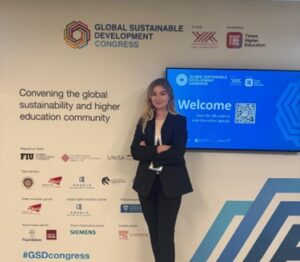
For current and future CEID students, my advice is simple: get involved, even when you feel unsure or not fully ready. Say yes to opportunities, show up, ask questions, and give yourself time to learn. Often, it is the second chance, approached with intention and care, that allows the most meaningful growth.
